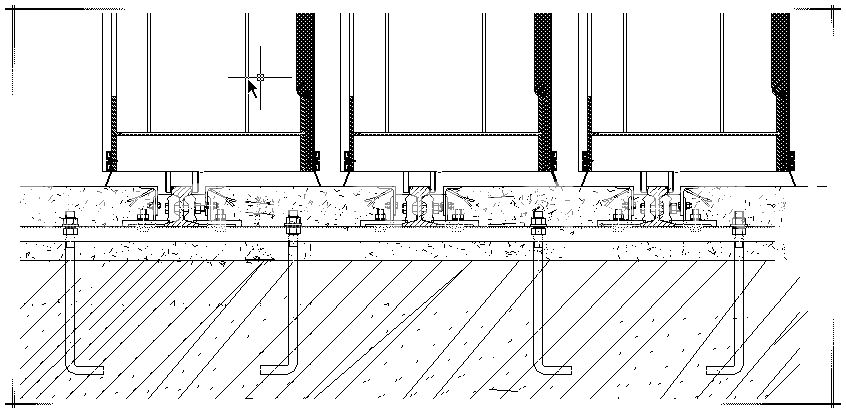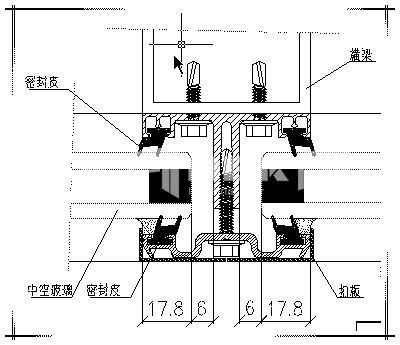When Lincoln Airport opened its fueling station for compressed natural gas in November 2011, it was virtually the only customer.
But with more government agencies converting part of their fleets to compressed natural gas and the word getting out about the airports station, patronage of the station has soared.
The compressed natural gas thats dispensed is measured in gasoline gallon equivalents, or GGEs, and in January, non-airport vehicles used 828 GGEs, compared with only 726 for airport vehicles.
That put total non-airport use ahead of airport use for the first time.
In the 14 months the station at 3520 N.W. 36th St. has been open, 10,467 GGEs have been dispensed to non-airport vehicles; airport vehicles have used 10,462.
"We are seeing a consistent increase in other users of our station," said Bob McNally, the airports operations director.
That includes the city libraries Bookmobile, as well as other city and state vehicles that have been converted to run on natural gas.
But the station also is seeing more use from what McNally called "transient" users -- those coming off Interstate 80 to use the station.
Those have included buses, semi-trailers and even a fleet of natural gas-powered garbage trucks being driven from the manufacturer to a client in Stockton, Calif.
The airport itself is using the station more as well. When it opened the station, it had four CNG-powered vehicles. Now it has 11.
Black Hills Energy, which has the only other CNG fueling station in the city, also has seen increased use since opening its station to the public last year at its local office at 1600 Windhoek Drive in south Lincoln.
"Its been being used considerably, said Greg Shinaut, Black Hills community relations manager.
Shinaut said hed seen dump trucks, cargo vans and even smaller delivery vans using the station.
The increase in usage at local stations is in line with state and national trends.
In the 18 months from the start of 2011 through June of 2012, the most recent figures available, about 200,000 GGEs of CNG were dispensed in the state, which equaled the total usage for the previous four years combined, according to the Nebraska Energy Office.
Nationally, the amount of CNG used for vehicle fuel grew by nearly one-third from 2007 to 2012, according to the U.S. Energy Information Administration.
Because of the additional use, the airport has decided to expand its station. On Thursday, the Airport Authority approved a plan to add two CNG storage tanks, bringing the total number to three.
"We need the additional storage capacity," Lincoln Airport Executive Director John Wood said.
Calling them storage tanks is a bit of a misnomer. The tanks hold only 35 GGEs apiece, and they refill automatically from a gas line once they drop below a certain level.
Where the extra tanks will really help, Wood and McNally said, is in speed of fueling.
When tanks are full, the fueling process goes quickly, because the pressure stays high. As the level of CNG in the tanks drops, however, the pressure drops, too, which makes it difficult to fuel vehicles one right after the other.
The two additional tanks will help speed up the fueling process, because as one tank empties, the system will switch to another, keeping up the pressure in the system.
The additional two tanks will cost $87,000, but the airport is getting a $59,000 grant that covers more than two-thirds of the cost.
Wood said the airport pretty much breaks even on sales to the public.
"The real value to us is in our own fuel use," he said.
The airport is saving $2 to $2.25 on average per GGE of CNG over what it would pay for each gallon of gas or diesel, which translates into about $1,500 a month in fuel savings, according to Wood.
Based on the airports $28,000 share of the cost to install the two extra tanks, that means the installation will pay for itself in less than two years, he said.












